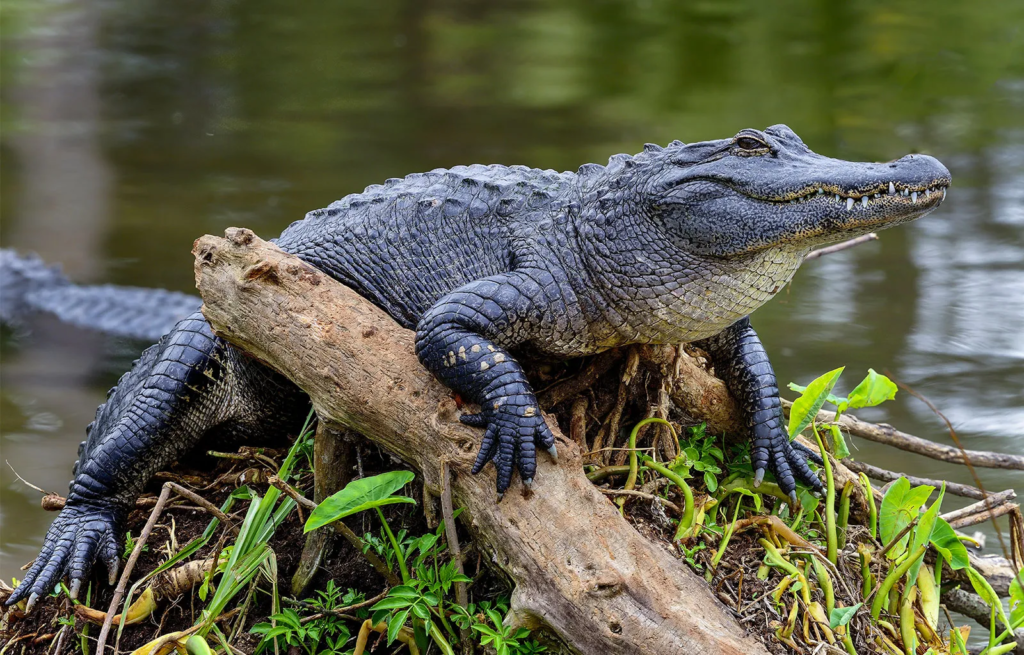Blog
Massive 340-Kg Pet Alligator Seized for Swimming with Children in Florida Home
In a recent turn of events, authorities have seized an astonishing 11-foot, 340-kg alligator named Albert from a Florida residence, igniting a conversation about public safety and exotic pet ownership.
The dramatic seizure unfolded after concerns were raised about Albert’s living conditions. Shockingly, the reptile had been kept illegally at the residence, where it reportedly shared an in-ground swimming pool with children. Tony Cavallaro, the owner, expressed a deep bond with Albert, describing himself as “Albert’s dad” and insisting that the alligator was cherished like family.
However, the situation took a concerning turn when it was revealed that Cavallaro’s license to own Albert had expired in 2021, despite his attempts to renew it. Florida law strictly prohibits the keeping of alligators as pets, especially in residential settings, and allowing public contact with such creatures is deemed hazardous.

According to reports from the New York Post, Cavallaro had allegedly invited neighborhood children to interact with Albert, raising significant safety red flags. Adding to the gravity of the situation, officials noted that Albert suffered from severe health issues, including blindness in both eyes and spinal complications.
Cavallaro is now embroiled in a legal battle to reclaim custody of his beloved alligator, vehemently asserting that Albert posed no threat to anyone and was well cared for. An online petition launched by Cavallaro has rallied support from his community and friends, challenging the actions taken by authorities.
In the interim, Albert has been entrusted to the care of a dedicated caretaker until suitable arrangements can be made for its relocation. The incident has ignited a broader discussion about the legality and safety of keeping exotic animals as pets, particularly in residential neighborhoods.
Stay tuned as this story continues to unfold, prompting reflection on the responsibilities and risks associated with exotic pet ownership in our communities.